A prosecution witness, John Adetola, on Thursday told a Lagos State Special Offences Court sitting in Ikeja that he received and handed over $400,000 to former Governor of the Central Bank of Nigeria (CBN), Godwin Emefiele while he was his Executive Assistant.
Adetola, who is the seventh prosecution witness in the ongoing trial of the former CBN boss, told Justice Rahman Oshodi that he collected the money on behalf of Emefiele from a former Director of Information Technology (IT) at the CBN, John Ayoh.
The Economic and Financial Crimes Commission (EFCC) had arraigned Emefiele and one Herry Omoile before the court on a 26-count charge for accepting gratification, accepting gifts through agents, corruption, and fraudulent property receipt.
He was also accused of conferring corrupt advantage on his associates contrary to the Corrupt Practices Act 2000.
The defendants, however, pleaded not guilty to the charge.
Adetola, while being led in evidence by the EFCC prosecutor, Rotimi Oyedepo (SAN), claimed that he was instructed by a former Personal Assistant to Emefiele, Eric Odoh Ocheme to collect the money from Ayoh for his boss.
The witness testified, “In 2018, I cannot recall the exact date, Mr Eric Odoh Ocheme sent me a message on WhatsApp instructing me to collect $400,000 from John Ayoh and deliver it to the former CBN Governor when he arrived in Lagos.
“I went to John Ayoh’s house in Lekki, Lagos. He handed me an envelope, and I returned to the office to give it to the former CBN Governor,” he added.
Adetola explained that his responsibilities as Executive Assistant included managing office correspondences, attending to visitors, and other tasks assigned by his boss.
“I joined the CBN in June 2014, but before that, I worked with Veritas Registrars, formerly Zenith Registrars, from 2007,” he said.
When asked about his communication methods with Emefiele, Adetola responded, “I communicate with the former CBN Governor through telephone, office line, email, and verbal communication.”
He mentioned some of Emefiele’s family members, stating, “I know Mr George and Mr Okanta; they are Mr Emefiele’s brothers. I also know his wife, Mrs. Margaret Emefiele, and the second defendant, Henry Omoile.”
Adetola recounted how he was invited by the EFCC, explaining, “In February 2023, I received an invitation from the EFCC to come to their office. They interviewed me, and I voluntarily made a statement based on our discussion.”
When asked whether he interacted with John Ayoh during his duties, he said, “Yes, we worked together; John Ayoh was the former Director of ICT.”
Adetola also informed the court that the EFCC had accessed his phone, which contained office documents printed for questioning.
After confirming the contents of the documents presented to him, Oyedepo sought permission from the court to tender the bundle of documents.
But Emefiele’s lawyer, Olaleko Ojo (SAN), objected to the admissibility of the documents. “I object on the grounds of substantial compliance.”
He submitted that the witness did not claim responsibility for printing the documents, noting that the identification had a name, Idi Musa, which was not that of the witness.
Counsel for the second defendant, Adeyinka Kotoye (SAN), also objected, asserting that the prosecuting counsel failed to reference any legal provision.
Responding to the objections, Oyedepo insisted on tendering the documents for identification purposes and asked the witness to describe their contents.
The witness explained: “The documents are a combination of official communications between myself and the governor via WhatsApp, exchanges between myself, John Ogah, and Eric Odoh.
“They also include various official documents I received for action and documents from Limelight, Commec, and Dummia Oil. Other documents pertain to the administration department for procurements.”
The witness confirmed that the documents were found on his phone and printed at the EFCC office, adding that he had endorsed them as printed from his mobile device.
Both Ojo and Kotoye reiterated their objections to the admissibility of the documents, citing Section 84 of the Evidence Act. Kotoye expressed uncertainty regarding the purpose of the papers being tendered solely for identification under the law.
In his ruling, Justice Oshodi dismissed their objections and admitted the documents, marking them for “identification purposes.”
The judge then adjourned the case until December 10 for continuation of trial.

 2 hours ago
1
2 hours ago
1


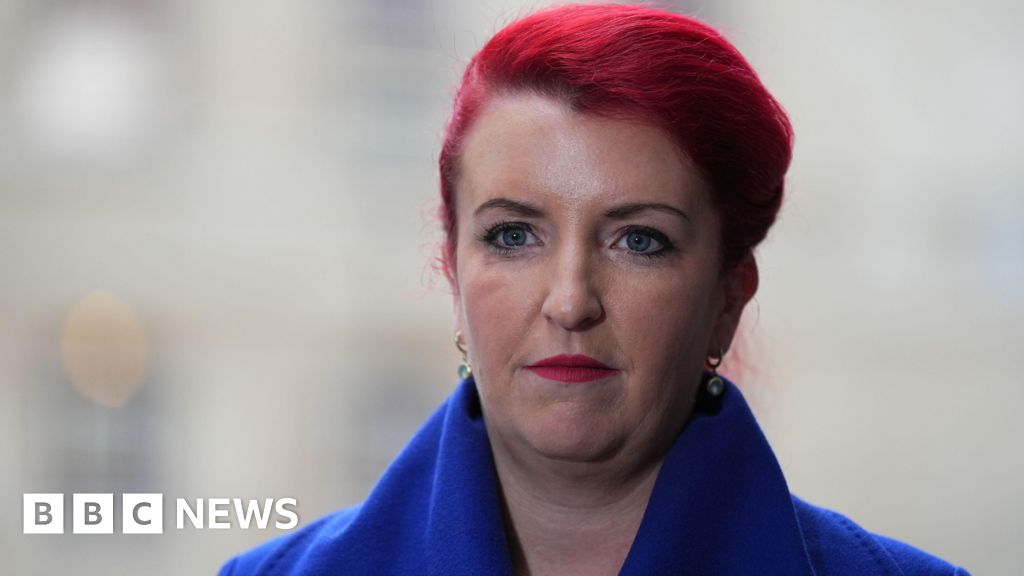




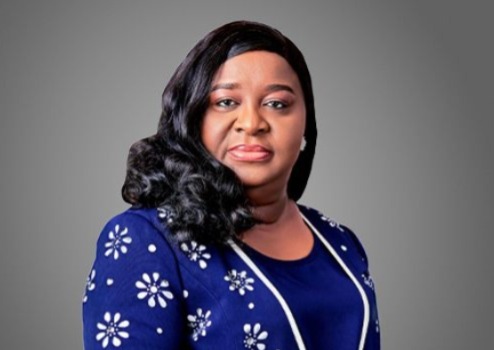

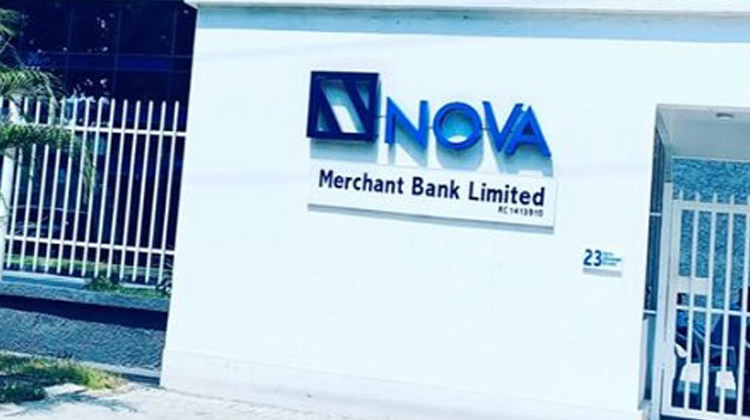
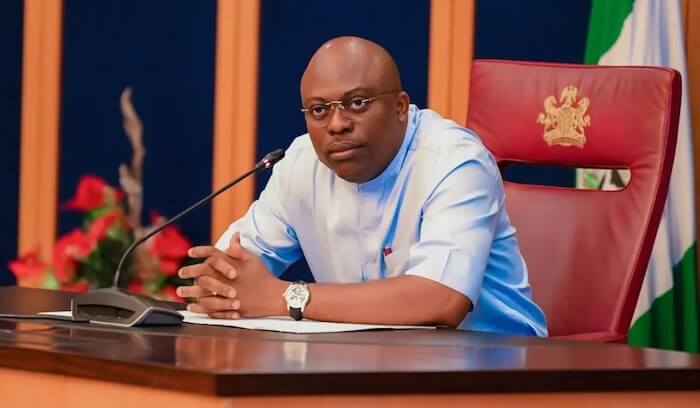
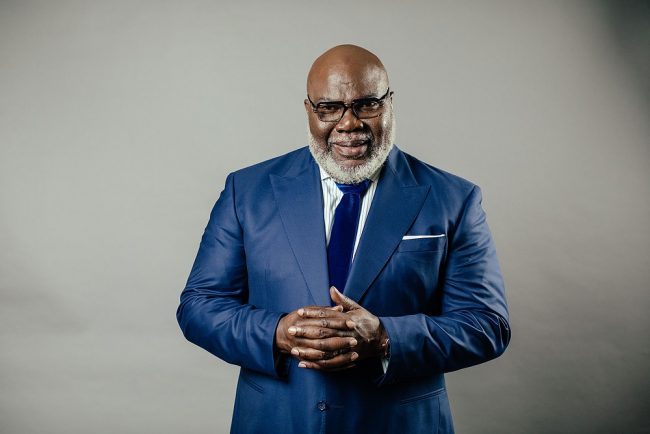
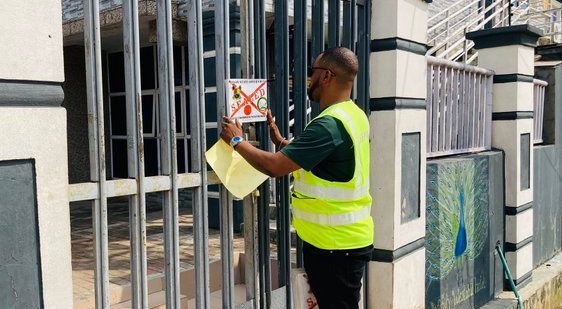

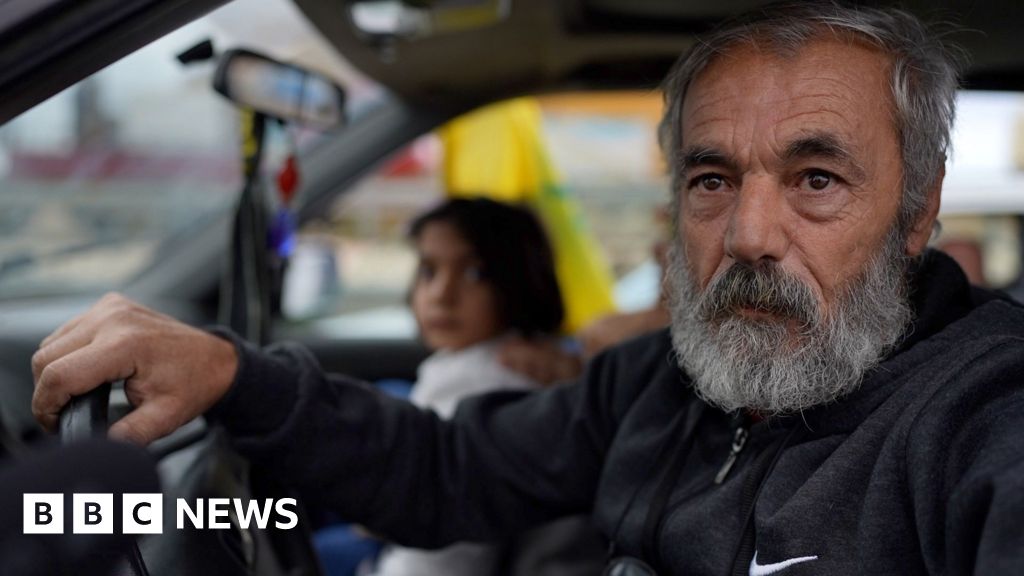
 English (US) ·
English (US) ·